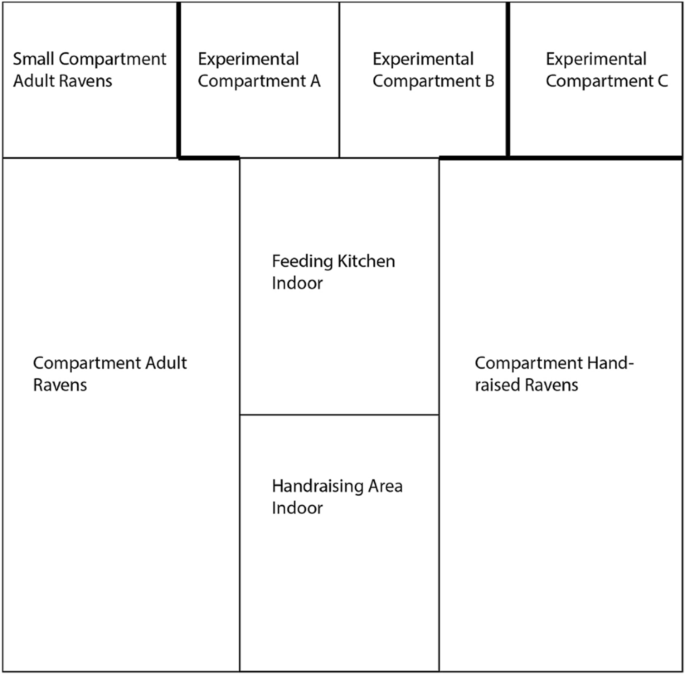1
Human children show unique cognitive skills for dealing with the social world but their cognitive performance is paralleled by great apes in many tasks dealing with the physical world. Recent studies suggested that members of a songbird family—corvids—also evolved complex cognitive skills but a detailed understanding of the full scope of their cognition was, until now, not existent. Furthermore, relatively little is known about their cognitive development. Here, we conducted the first systematic, quantitative large-scale assessment of physical and social cognitive performance of common ravens with a special focus on development. To do so, we fine-tuned one of the most comprehensive experimental test-batteries, the Primate Cognition Test Battery (PCTB), to raven features enabling also a direct, quantitative comparison with the cognitive performance of two great ape species. Full-blown cognitive skills were already present at the age of four months with subadult ravens’ cognitive performance appearing very similar to that of adult apes in tasks of physical (quantities, and causality) and social cognition (social learning, communication, and theory of mind). These unprecedented findings strengthen recent assessments of ravens’ general intelligence, and aid to the growing evidence that the lack of a specific cortical architecture does not hinder advanced cognitive skills. Difficulties in certain cognitive scales further emphasize the quest to develop comparative test batteries that tap into true species rather than human specific cognitive skills, and suggest that socialization of test individuals may play a crucial role. We conclude to pay more attention to the impact of personality on cognitive output, and a currently neglected topic in Animal Cognition—the linkage between ontogeny and cognitive performance.



Indeed, this also suggests that corvid brains are wired more efficiently than primates likely due to their requirement of being able to fly. It was recently discovered that birds evolved an alternative implementation of the neocortex, so there are different approaches possible towards solving the same problem.
Another interesting finding is that humans can function with only a small portion of the brain. The most extreme case was a guy with cerebrospinal fluid filling 95% of the cranium. Anyone whose brain fits into the remaining 5% should be nothing short of vegetative; yet apparently, fully half have IQs over 100.
The implication for AI here is that you don’t actually need to match the complexity of the full human brain to do interesting things or to even have human style intelligence. Our brains are highly redundant which makes sense if they evolved to be robust. However, the core functionality might be easier to achieve than previously thought.
I think the key question is the algorithm behind our cognitive process. I’ve wondered if using genetic algorithms might be an easier approach than trying to reverse engineer the algorithm from biology.
Presumably, if you created a virtual environment with sufficient fidelity and populated it by agents that had to compete for resources then you’d eventually evolve some form of intelligence. It would be fun to build a system like SETI@home that would leverage the global computer network to run this simulation. :)